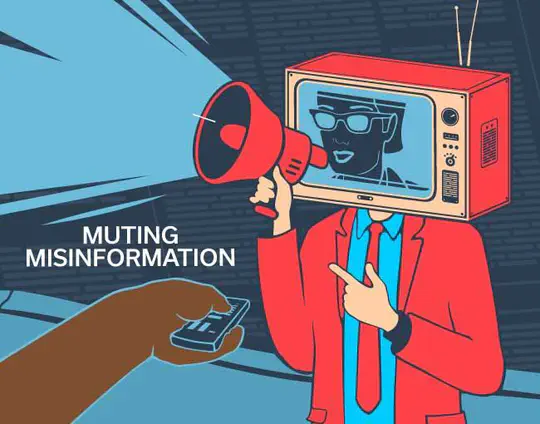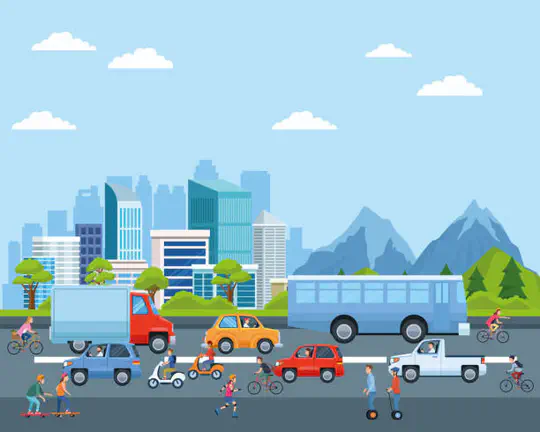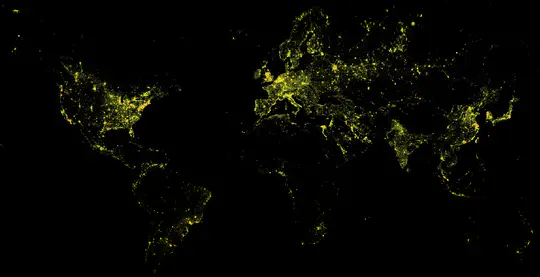Biography
Shreya Ghosh (শ্রেয়া ঘোষ) has joined as an Assistant Professor in School of Electrical Sciences (Computer Science and Enggineering) at IIT Bhubaneswar, India in Dec 2023. Prior joining at IIT, She was a postdoctoral scholar at Pennsylvania State University, USA since Dec 2021. Her research interests are in the areas of misinformation detection on social media using linguistic cues and network structure, and spatio- temporal data analytics (night-time light data and trajectory transfer learning). Additionally, she is passionate about applying artificial intelligence to analyze and understand wildlife mobility and human-wildlife conflict. Shreya completed her PhD from IIT Kharagpur in 2021 on semantic analysis of human movement and understanding human movement behaviours. More generally, she is interested in applied data science and application-oriented research projects with a focus on NLP and spatial informatics. Her scholarly work has been published in top-tier conferences and journals such as WWW, ICWSM, ECML PKDD, IEEE Transactions on Services Computing etc.
- Machine Learning
- Spatial Data Science
- Computational Linguistics
- Social Informatics
PhD in Machine Learning/ Data Science, 2021
Indian Institute of Technology (IIT) Kharagpur
MS (by research) in Artificial Intelligence, 2016
Indian Institute of Technology (IIT) Kharagpur
BTech in Computer Science and Engineering, 2015
Indian Institute of Engineering Science and Technology, Shibpur
Featured Publications
Google Scholar Link
Recent Publications
Projects
Experience
Responsibilities include:
- Research (Misinformation detection): Understanding misinformation propagation in social network and proposing mitigation techniques
- Research (Wildlife informatics): Predicting human wildlife conflicts and mitigating strategies
- Research (Night time data analytics)
- Research (Exploring generative language model for cross-domain applications such as trajectory trace analysis)
- Student Mentoring and assisting in their research
Research projects include:
Analysis of large scale GPS traces to explore human movement behaviours and Transferring mobility knowledge from source to target region to annotate trajectory trips and POI-classification
Temporal fingerprinting of individuals by modelling and analysing their activity patterns
Cloud-fog-edge-IoT based collaborative framework to facilitate applications related to improved health-care, transportation and urban planning in less delay along with less energy consumption
Developed Activity-aware Internet of Health Things (IoHT), and Mobility-aware Internet of Spatial Things (Mobi-IoST)
Research projects include:
Decision Support System for transportation of hazardous materials
Designed a SDI (Spatial Data Infrastructure) to assist in routing decisions regarding transportation of hazardous materials
Research projects include:
Efficient data analysis and classification in Chemoinformatics
Developed chemical graph mining algorithm which extends Ugi’s scheme and capable to classify a wide variety of chemical reactions
Recent News!
Recent & Upcoming Talks
Skills
Contact
- shreya.cst@gmail.com
- 814-769-3989
- 413A Eric J. Barron Innovation Hub, State College, PA 16801
- DM Me
- Zoom Me


